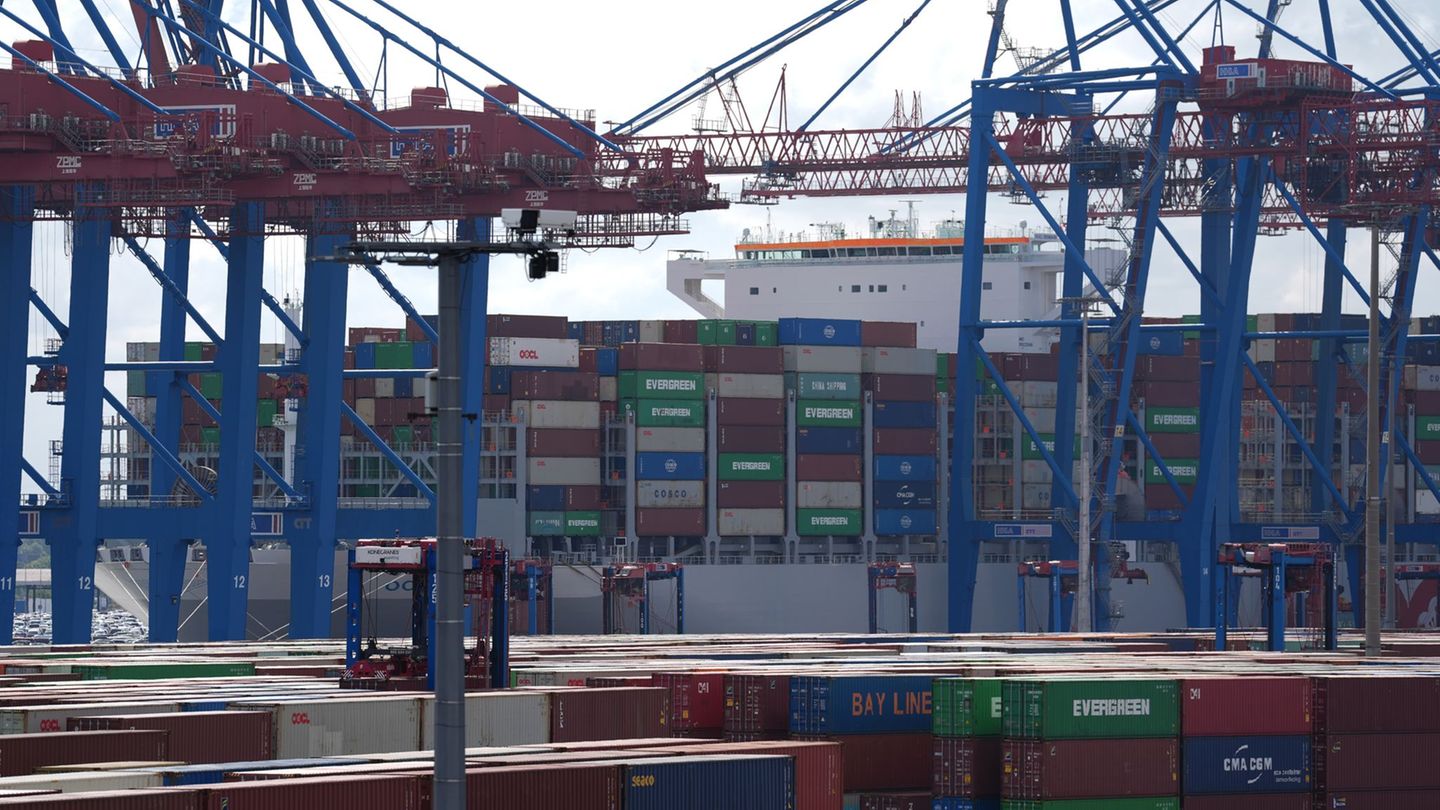According to estimates by the Bundesbank, the German economy has achieved some growth despite the crisis. But for the year as a whole, the consequences of the Ukraine war are likely to continue to slow down growth.
According to estimates by the Bundesbank, the German economy achieved some growth in the current quarter in a difficult environment.
“In the spring of 2022, the German economy is likely to grow slightly,” confirmed the Bundesbank in its monthly report for June, which was published on Monday.
While the extensive abolition of the restrictions to contain the corona pandemic provided an upswing in the hospitality industry, for example, high inflation curbed the desire to buy of many consumers. Supply bottlenecks and material shortages continue to cause problems for the industry, as well as rising costs for energy, for example.
Bundesbank: Contribution to growth probably not worth mentioning
“In April, industry was able to make up for a small part of the production losses suffered in March,” summed up the Bundesbank’s economists. “Nevertheless, it is not to be expected that the industry will make a significant contribution to growth.”
According to the economic forecast published by the Bundesbank on June 10, the consequences of the war in Ukraine will slow down economic growth in Germany and drive up inflation in 2022 as a whole. With growth of 1.9 percent, the economic recovery after the Corona low is likely to continue. In December, however, the central bank still assumed that real gross domestic product (GDP) would increase by 4.2 percent in 2022. For 2023, the Bundesbank economists expect economic growth of just 2.4 percent instead of 3.2 percent.
Source: Stern
Jane Stock is a technology author, who has written for 24 Hours World. She writes about the latest in technology news and trends, and is always on the lookout for new and innovative ways to improve his audience’s experience.




